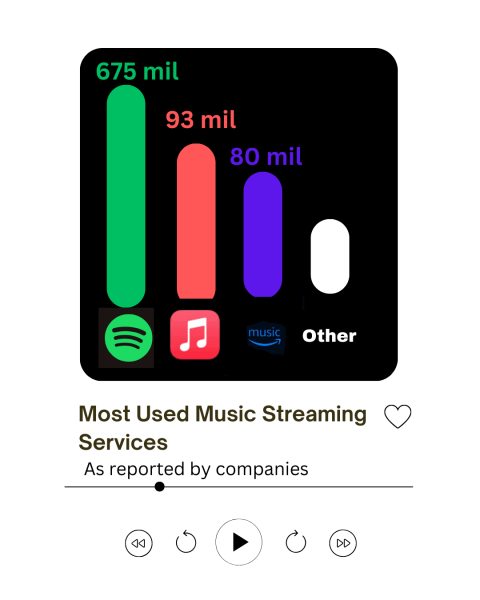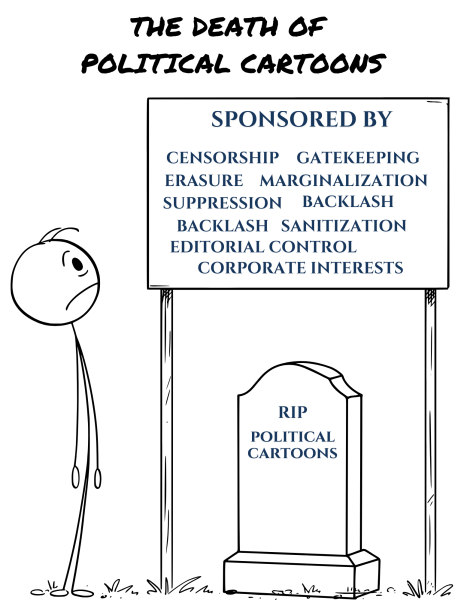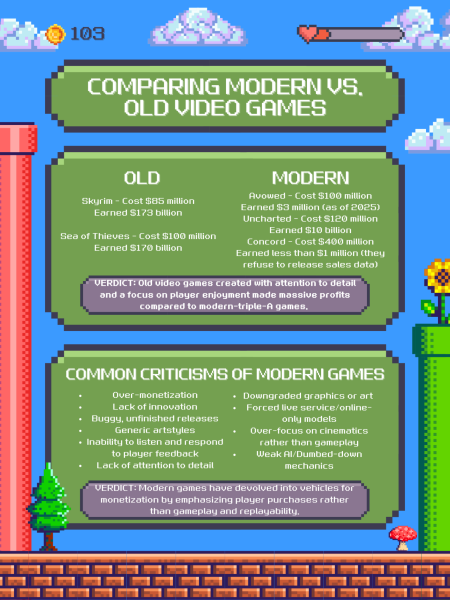Civility in an Age of Anger
There’s no denying that people in our country are angry. Right now, we are living in an age of polarization where more moderate viewpoints are becoming increasingly overshadowed by the growing clamor of extremism. This is reflected in the way people often debate hot-button political topics, communicating opposing sentiments in a manner afflicted with animosity and disrespect.
In response, many have taken to making the point that the enmity has reached an unacceptable state and that a return to civility is necessary. Civility in the context of public discussion refers to the courtesy and respect that people should have for each other when discussing anything falling within the realm of publicity. In political spheres, the general goal of debate and discussion is to enact change. The Drops of Ink staff believes that animosity and hatred put a deadlock on any change that public discussion could potentially achieve, and that although civility may not have the ability to enact change directly, it is paramount that we treat one another with value and consideration regardless of opinion.
There has definitely been a decline in civility in recent years. One of the main contributors to this downfall is exactly what one would expect: the internet. As far as discussion platforms go, social media sites reign supreme in terms of aggression for a multitude of reasons.
Online, confirmation bias runs rampant. It’s easier than ever to surround yourself with opinions solely reinforcing your own, which serves to not only exacerbate polarization, but also encourage ignorance, as it is easier to protect the validity of one’s opinion when purposefully overlooking factual information that may be in disagreement. Additionally, the general anonymity of the internet and the lack of real-life consequences when disrespecting another person make it much easier to commit to a path of hostility, to such a degree that it has essentially become the norm in public discussion online.
Another common manner in which we have been involved in political discourse is when conversing with family members, more specifically, those older than us or from the “boomer” generation. Some of us have said that when trying to express their opinions to those older than them, even when those opinions are supported by solid facts, they are met with disrespect and accusations of brainwashing, often on the sole basis that they are younger. This is ironic, considering that many of those who made the original call for a return to civility mostly accredit its breakdown to younger generations. In recent years, everyone has been influenced by a political climate plagued by hatred, and thus everyone, no matter their age, can do better.
Realistically, we hold that unless every single person devotes themselves fully to carrying out a resurgence of civility, then the state of public discussion probably won’t change too much. We don’t expect it to necessarily return to what it was before, we only ask that its current state is improved upon. We’ve reached a point where animosity has become the norm, and when looking critically at all the discussion that’s been had over the years and taking into account the lack of considerable change, is discussion really going to get us anywhere? Perhaps not, but ultimately, there are no feasible benefits to hostility.
As a whole, we have to realize that in all honesty, although we have little power to make substantial political change, our hatred has the power to halt any plausible progress we have the potential to make right in its tracks. Hatred breeds hatred and has the power to divide us even further, not only as a nation, but as individuals. A full return to civility is unrealistic to expect at this point in time, but a fight back against hatred is not. In public discussion, civility should always have its place, but all we can ask for right now is that in public discussion, you stay firm in your beliefs, stand up to needless hostility, and practice ceaseless respect towards one another.












